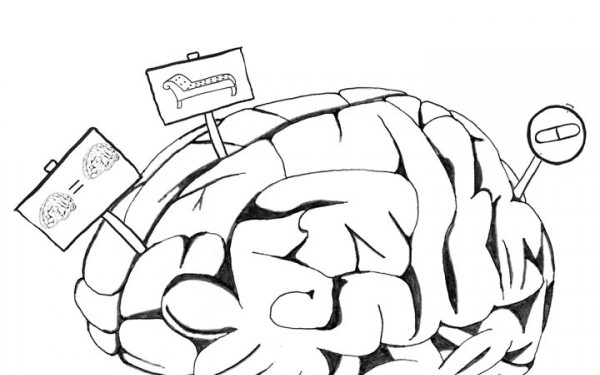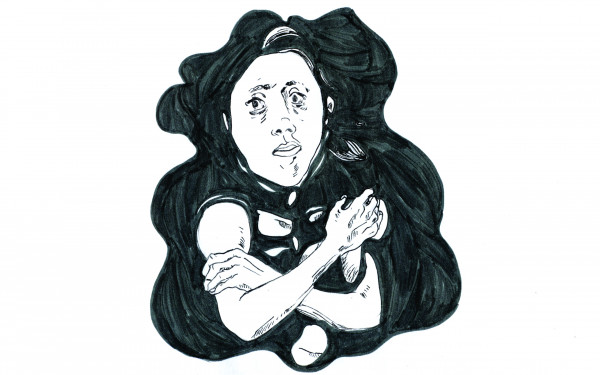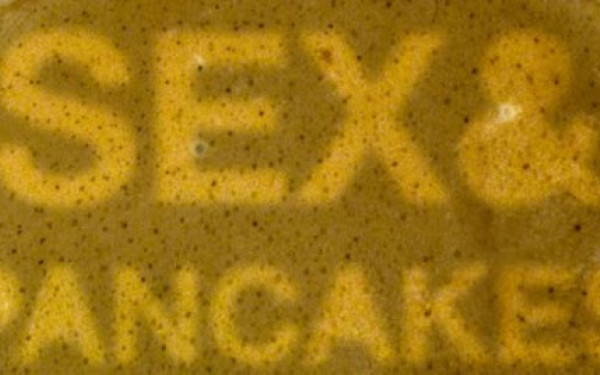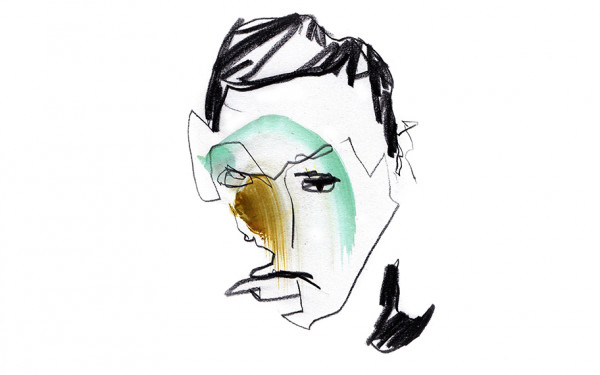Mental Squeeze
Crushing on Columbine: Mental Illness and the Cult of Rampage Killers
In the wake of the attacks in Paris and Beirut at the hands of extremist Islamic group Daesh, it seems as though large-scale killings are only becoming more frequent.
I’m reminded of the racism-fuelled shooting in Charleston, the attack on moviegoers in Colorado, and the Dawson College shooting, which injured several students and killed one. With word of mass killing sprees all over the world, I can’t help but feel like nowhere is safe—not even my own university.
In 1992, a former associate professor shot and killed three professors and one department chair on the ninth floor of the Hall building. A staff secretary was also wounded.
Over 25 years later, the aftermath of the École Polytechnique massacre in which 14 women were shot and killed is still being studied. Survivors of the incident suffered a variety of physical and psychological consequences. Most showed prominent signs of post-traumatic stress disorder and some even committed suicide, citing the massacre for their death.
A study conducted by McGill University also concluded that 30 per cent of those present at the Dawson College shooting experienced a psychological disorder, including post-traumatic stress disorder, major depression, alcohol dependence and social phobia, a level which is double of the general populous. These people witnessed unimaginable violence and suffered devastating consequences on their mental health—but somehow, there are people who think otherwise.
What many people don’t know is that the perpetrators of these crimes have a fan base online. They’re called “Columbiners.” These are people who collect and share information, photos, videos and personal testaments relating to the Columbine school shooting with a focus on its perpetrators, Eric Harris and Dylan Klebold.
On these websites the mass murderers are treated as misunderstood heroes, fighting in the name of unpopular and bullied teens. Searching “Columbine” on Tumblr will lead you to countless photo spreads of Eric Harris grinning at the camera including captions about his attractiveness and disturbing Nazi imagery.
Tumblr users with URLs like “ericanddylanproblems” and “mourningovermurderers” post intimate excerpts of diary pages and video footage of Harris and Klebold shooting guns in a field, and profess their love and devotion to the teens who shot and killed 12 students and one teacher on a Tuesday morning in 1999.
With word of mass killing sprees all over the world, I can’t help but feel like nowhere is safe—not even my own university.
The most popular Columbiners, along with many other serial or mass killer fandom bloggers, have followers in the hundreds of thousands. Most people would be horrified by the details of these gruesome tragedies, but the darkest depths of the web hide a cult following who not only encourage, but worship those who commit them.
Many prefer to simply label the perpetrators of mass killings as evil or sadistic. Our society is one that seeks closure through retributive justice, looking to our politicians for solutions like better gun control or security in schools. It is easy for us to blame the parents for not noticing something was wrong, or the musical influences of artists like Marilyn Manson.
The truth about these tragedies is that while the killers’ motivations are rooted in hatred, many, if not all, are deeply connected to mental illness. It’s crucial for us to consider how these attacks came to be and how we can prevent them in the future. Until then, they won’t stop.
Research has proven the link between violent behavior and mental illness, and a 2013 survey conducted throughout the U.S. showed that 46 per cent of the respondents believed people with mental illnesses were more dangerous than others.
The negative perceptions are only getting worse. While 63 per cent of Americans believe mental health is one of the main reasons behind these tragedies, there is still a huge stigma when it comes to addressing it. Research on the effects of labeling in the area of mental disorders shows that people with varying degrees of mental health problems are often stigmatized because anti-social behavior is thought to be linked to mental illness.
Other research suggests that the media is at least partially responsible for this negative association, and potentially even the cause of more rampage killings.
So where does this leave our Columbiners? If they’re only blogging and not actually engaging in these violent behaviors should we consider them potentially homicidal, or just troubled? According to an interview with some of Tumblr’s most popular Columbiners by Vice, most didn’t consider themselves violent, and justified their blogs as a way of dealing with their feelings of anger and depression.
Whether or not you think these blogs are a gateway to violence, we need to reach out to Columbiners not with judgment, but with empathy.






